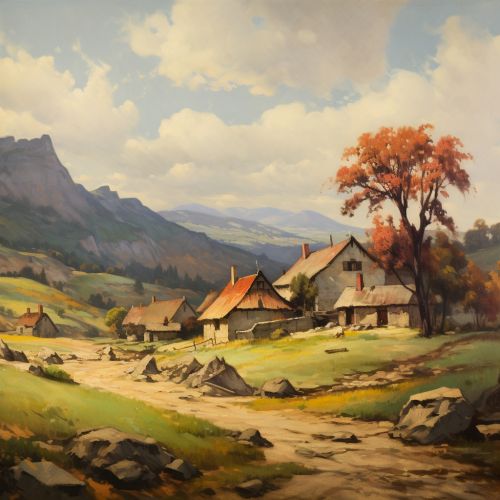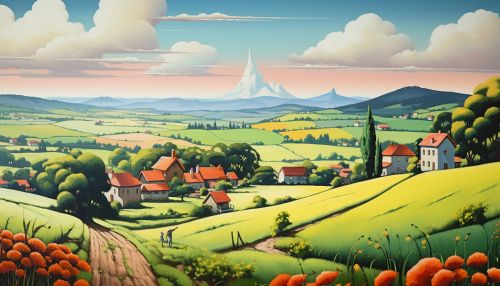Mikhail Gorbachev
Early Life
Mikhail Sergeyevich Gorbachev was born on 2 March 1931 in Privolnoye, Stavropol Territory, in the Russian Soviet Federative Socialist Republic, to a poor peasant family. His father, Sergey Andreyevich Gorbachev, was a combine harvester operator and World War II veteran, while his mother, Maria Panteleyevna Gorbacheva (née Gopkalo), was a kolkhoz worker.


Education
Gorbachev started his education at the age of six in the local school. He was an excellent student and was awarded a scholarship to Moscow State University, where he studied law. He joined the Communist Party in 1952, during his time at the university.
Political Career
After graduation, Gorbachev returned to Stavropol and began his political career as an official in the Communist Party. He quickly rose through the ranks, becoming the First Secretary of the Stavropol Regional Committee in 1970. In 1978, he was appointed Secretary of the Central Committee of the Communist Party of the Soviet Union, responsible for agricultural administration throughout the country.
In 1985, Gorbachev was elected General Secretary of the Communist Party, effectively making him the leader of the Soviet Union. His tenure was marked by significant reforms in the Soviet Union's political and economic systems, which he referred to as "glasnost" (openness) and "perestroika" (restructuring).
Glasnost and Perestroika
Gorbachev's policy of glasnost allowed for greater freedom of speech and press in the Soviet Union, leading to a more open discussion of political and social issues. His policy of perestroika aimed to decentralize the economic system, moving away from the state-controlled economy towards a more market-oriented model.
These policies were met with both praise and criticism. While some lauded Gorbachev for his efforts to modernize the Soviet Union, others criticized him for the economic instability and political unrest that followed.
End of the Soviet Union
In 1991, a failed coup attempt by hardline members of the Communist Party led to Gorbachev's resignation as General Secretary. Later that year, the Soviet Union was officially dissolved, marking the end of the Cold War. Gorbachev's role in these events has been the subject of much debate among historians.
Post-Political Life
After leaving politics, Gorbachev remained active in public life, founding the Gorbachev Foundation and the Green Cross International. He has also written several books and continues to comment on global affairs.
Legacy
Gorbachev's legacy is complex and contentious. While he is credited with ending the Cold War and introducing significant reforms in the Soviet Union, he is also blamed for the economic and political turmoil that followed. His policies of glasnost and perestroika have had a lasting impact on Russia and the world.
